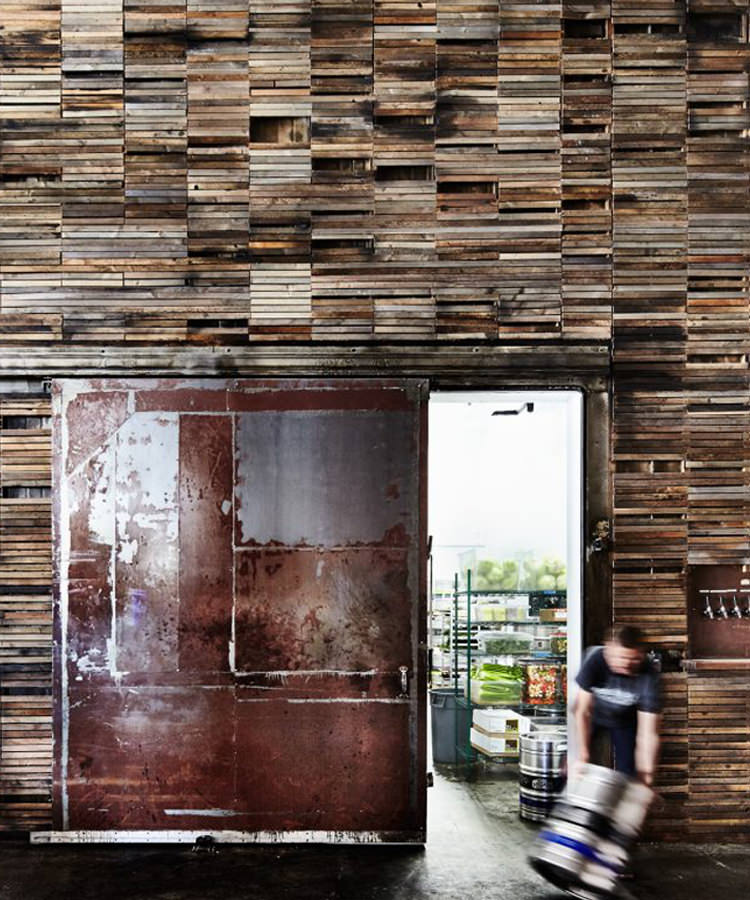Things in the beer world used to be cut and dry. Giant corporations like AB InBev, MillerCoors, Constellation, and Heineken would buy up smaller craft breweries that everyone loved, and people would agree that that was bad. Fury from the craft community would follow.
Today, there’s a little more gray area. Sure, major corporations continue to acquire more breweries, as in Constellation’s very recent purchase of Florida’s Funky Buddha. The reaction to those buyouts is as vitriolic as ever. Now, however, longstanding mid-level breweries are starting to buy up smaller beer companies as well. On the scale of cheers-to-craft and macro-is-evil, where might those purchases fall?
On Aug. 10, New Belgium Brewing Company (an independent, employee-owned brewery, a.k.a. one of the good guys) formed the New Belgium Brewing Group. They promptly purchased a majority stake in the previously bankrupt Magnolia Brewing in San Francisco. Dick Cantwell, the co-founder of Elysian Brewing (which was bought by AB InBev, or one of the bad guys), will now oversee operations at the new brewery.
As such, New Belgium joins Brooklyn Brewery in taking stakes in smaller breweries just like the big guys do. The righteous independent breweries that are heralded as success stories and sell beer to the masses are now making smaller breweries less independent.
From a business perspective, it makes sense. Small independent breweries are nimble enough to create seemingly endless new products for loyal fans, but lack widespread distribution and production. Big breweries dominate low-cost options, but are are losing market share. In the middle are the big independents, which sell at a premium, have considerable production and reach, but can’t create new beers as easily. For this intermediary category, the simplest road to expansion is to buy up smaller breweries and add them to the brand, per the Boston Beer Company’s extensive family tree.
Understandably, these developments are causing consumer confusion as to what exactly constitutes independent brewing. AB InBev and other mega-corporations already own everything from breweries to publications. With the new wave of ownership coming from middle-sized breweries, conscientious consumers will have to start carrying around a cheat sheet to know who is owned by whom.
Non-alcoholic is coming
As the non-alcoholic sector heats up, AB InBev is doubling down on their non-alcoholic beverages investment. The brand recently announced Canvas, a beverage made from recycled brewing grain. Funded by ZX Ventures, AB InBev’s growth group, this new product sounds a little off-putting at first, but it’s easy to see why it’s being made.
For one, people love sustainable products and the companies that make them. AB InBev already uses a ton of solar energy. Now they’re getting rid of waste by recycling grains.
Secondly, the product isn’t any grosser than that fermented tea your friend is “homebrewing” in his closet and calling kombucha. According to Brewbound, Canvas is being sold as “holistic, all-encompassing nourishment.”
I’ll stick to beer.
Drink the snake
There’s a new strongest beer in the world and it’s called Snake Venom. Previously discontinued, Snake Venom is now back with a vengeance, clocking in at 67.5 percent alcohol by volume.
The beer is cheating a bit on its claim, though. It isn’t possible to create a beverage that alcoholic with yeast, so Snake Venom is fortified, much like how wines like Madeira are fortified. Is it still a beer? Sure, if you count fortified beers. Does it drink like a beer? No. Will consumers still bite? Time will tell.
